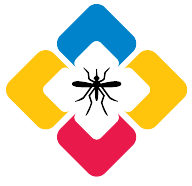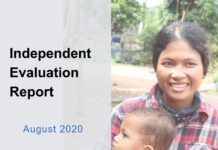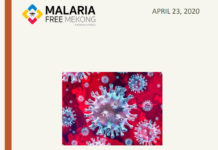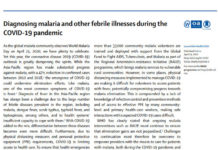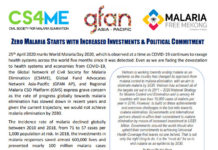Significant progress has been made to reduce national malaria burdens, which in turn has contributed to regional and global success stories. On this year’s World Malaria Day, we, civil society organizations working towards malaria elimination, make this calls to accelerate malaria elimination during the unprecedented times of COVID-19 pandemic. The COVID-19 pandemic creates additional challenges for fragile and resource-limited health systems already responding to existing and comprehensive public health issues. We are already witnessing catastrophic health, economic and social impacts on the most vulnerable communities across the GMS, and without rapid and responsive action, any progress already made toward malaria elimination will likely not only stall but also be set back. The Regional Malaria CSO Platform reinforces the World Health Organization’s recommendation that countries do not suspend planning and/or implementation of vector control activities such as insecticide treated nets and indoor residual spray campaigns, or case management activities, but instead provide support and protection for health workers and communities from COVID-19 infection.
We call on governments, national programs, and donors to:
- Protect frontline malaria workers and field staff at the community level by providing appropriate and sufficient supply of effective PPE that are contextually appropriate and practical to use, including face masks and hand sanitizers/soap.
- Adapt essential health and malaria services to reflect the varying social, cultural, financial, and geographical differences between communities, particularly in the context of COVID-19.
- Communicate regularly with civil society stakeholders about national strategies and updated health information to increase the quality of services and understanding of the current health situation. This includes timely preparation and rapid dissemination of relevant COVID-19 education and communication materials for malaria volunteers.
- Provide timely communication on anticipated shortages and ensure a continuous supply of malaria commodities at all levels of the distribution chain to all front-line services. This includes exemptions to travel restrictions, preventing import delays and clearance times and meaningful collaboration between all stakeholders.
- Provide rights-based universal coverage of malaria services for at-risk and marginalized populations, particularly those in hard to reach areas and those with varying legal status.
- Capitalize on available technology to maintain essential malaria data, continue surveillance activities, provide oversight, and assure quality services.
- Regularly assess the impact of COVID-19 on malaria elimination progress and proactively identify mitigation measures for identified challenges.
